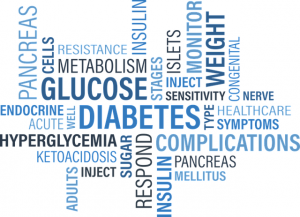
Recent scientific studies show that daily Coenzyme Q10 supplements confer beneficial health outcomes in patients diagnosed with metabolic syndrome. Among the improvements associated with the Coenzyme Q10 supplementation are improved serum insulin levels, glucose homeostasis levels, and plasma total antioxidant capacity concentrations.
Until recently, we have not seen much research done concerning the effects of Coenzyme Q10 supplementation on metabolic syndrome. Now, a start has been made. The preliminary results show that Coenzyme Q10 supplementation has beneficial effects on serum insulin concentrations, glucose homeostasis parameters, and bio-markers of oxidative stress in patients diagnosed with metabolic syndrome [Raygan].
Dr. Raygan and colleagues have reported in the European Journal of Nutrition that daily supplementation with 100 milligrams of Coenzyme Q10 for eight weeks resulted in the following significantly improved health outcomes for overweight or obese patients aged 45-80 years who had been diagnosed with diabetes and coronary heart disease:
- improved serum insulin levels
- improved scores on HOMA-IR and HOMA-B assessments of insulin resistance and beta-cell function
- improved plasma Total Antioxidant Capacity concentrations [Raygan]
In a parallel study, Dr. Mirhashemi and colleagues reported that daily supplementation with 100 milligrams of Coenzyme Q10 resulted in the following significantly improved serum levels:
- improved serum IL-6 levels – a bio-marker of disease activity
- improved protein carbonyl levels – a bio-marker for oxidative stress
Metabolic syndrome and Coenzyme Q10
First, what is metabolic syndrome? It is, in a word, a bad place to be, health-wise. Having metabolic syndrome increases your chances of getting a serious disease such as heart disease, stroke, or diabetes. The best estimate is that 20% – 30% of people world-wide suffer from metabolic syndrome, often undiagnosed [Ott].
The Mayo Clinic says that metabolic syndrome is “a cluster of conditions” that occur together:
- high blood pressure
- high blood sugar
- high cholesterol or triglyceride levels
- too much body fat, especially around the waist [Mayo Clinic]
Secondly, what causes metabolic syndrome? It seems to be connected to a condition called “insulin resistance.”
The Mayo Clinic explains that people suffering from insulin resistance have cells that don’t accept glucose from the blood as readily as they should. The result is that the body produces more and more insulin to help get the glucose from the blood into the cells, but, even so, there is too much glucose circulating in the blood [Mayo Clinic].
Other risk factors also increase the probability of getting metabolic syndrome:
- Family history of diabetes
- Family history of heart disease
- Increasing age
- Lack of exercise
- Overweight, especially in the abdomen [Mayo Clinic]
Coenzyme Q10 as adjunct treatment of metabolic syndrome
Essentially, the treatment for metabolic syndrome is life-style change:
- Change in diet
- Change in exercise routine
- Use of medications to control blood pressure, blood glucose levels, and cholesterol levels
- Adjunct treatment with 100 – 200 milligrams per day (preferably divided, with two different meals)
Metabolic syndrome and statins and Coenzyme Q10
Okay, statins medications may help the patient with metabolic syndrome by lowering LDL cholesterol. But, let’s not forget, statin medications are known to lower the bio-synthesis of Coenzyme Q10.
Coenzyme Q10 is essential for the process of energy production in the heart muscle cells, and Coenzyme Q10 protects the heart muscle cells (and other cells) against oxidative damage. Clinical studies like the Q-Symbio study and the KiSel-10 study have documented the heart health effects of Coenzyme Q10 supplementation.
There are scientific reasons for patients on statin medications to be taking Coenzyme Q10 supplements [Okuyama & Langsjoen]
Conclusions
- Coenzyme Q10 supplements are safe for patients diagnosed with diabetes, insulin resistance, and metabolic syndrome.
- Coenzyme Q10 is an essential bio-nutrient that is found in the lymph, the blood, and nearly all cells.
- Coenzyme Q10 is necessary for the cellular process of energy production, and it is important for the antioxidant protection of cell membranes, mitochondria in the cells, proteins including enzymes and lipoproteins, and chromosomes.
- Coenzyme Q10 supplements are especially important for adults who taking statin medications or other medications that interfere with the body’s synthesis of Coenzyme Q10.
- Coenzyme Q10 supplements are also important for healthy adults. As they grow older, their bodies synthesize less Coenzyme Q10, but the need for Coenzyme Q10 does not decrease.
Sources
Mayo Clinic. (2017). Metabolic syndrome. Patient Care and Health Information. Retrieved from https://www.mayoclinic.org/diseases-conditions/metabolic-syndrome/symptoms-causes/syc-20351916
Mirhashemi, S. M., Najafi, V., Raygan, F., & Asemi, Z. (2016). The effects of coenzyme Q10 supplementation on cardiometabolic markers in overweight type 2 diabetic patients with stable myocardial infarction: A randomized, double-blind, placebo-controlled trial. ARYA Atherosclerosis, 12(4), 158-165.
Okuyama, H., Langsjoen, P. H., Hamazaki, T., Ogushi, Y., Hama, R., Kobayashi, T., & Uchino, H. (2015). Statins stimulate atherosclerosis and heart failure: pharmacological mechanisms. Expert Review of Clinical Pharmacology, 8(2), 189-199.
Ott, C. & Schmieder, R.E. (2009). The role of statins in the treatment of the metabolic syndrome. Curr Hypertens Rep., 11(2):143-9.
Raygan, F., Rezavandi, Z., Dadkhah Tehrani, S., Farrokhian, A., & Asemi, Z. (2016). The effects of coenzyme Q10 administration on glucose homeostasis parameters, lipid profiles, biomarkers of inflammation and oxidative stress in patients with metabolic syndrome. European Journal of Nutrition, 55(8), 2357-2364.
Disclaimer: The information presented in this review article is not intended as medical advice and should not be used as such.


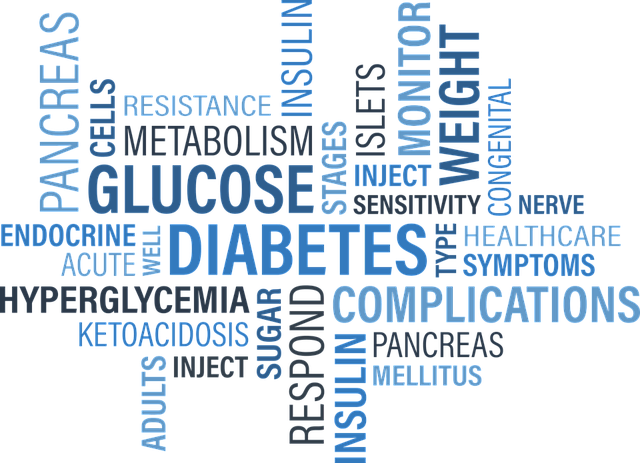
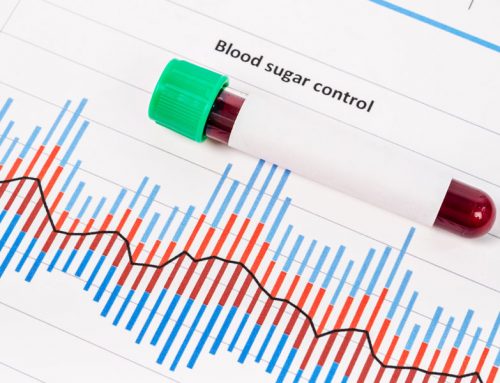
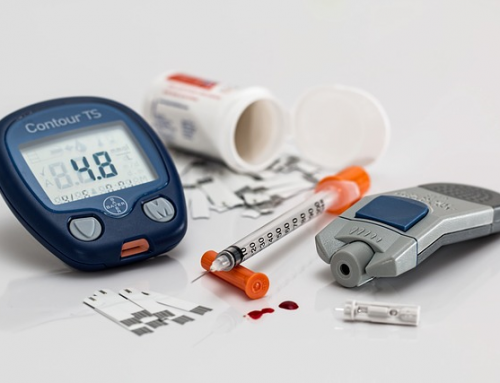
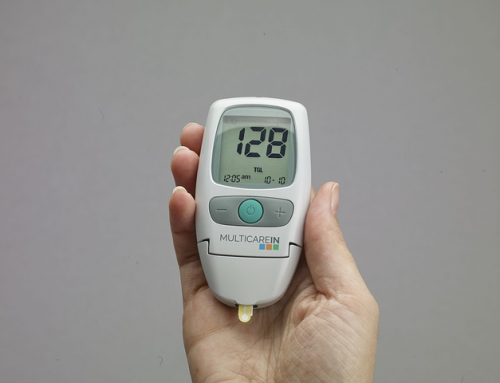
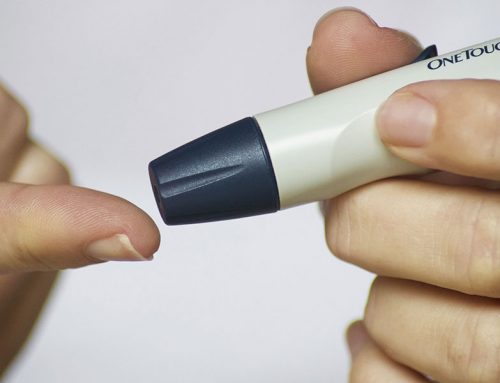

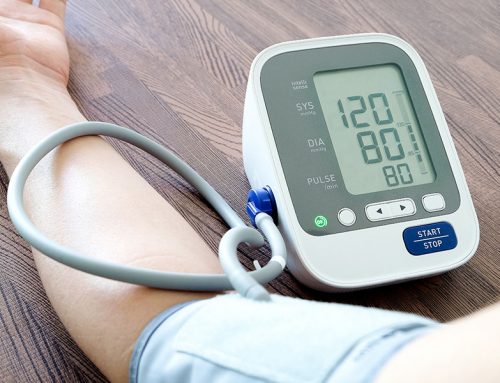
Leave A Comment